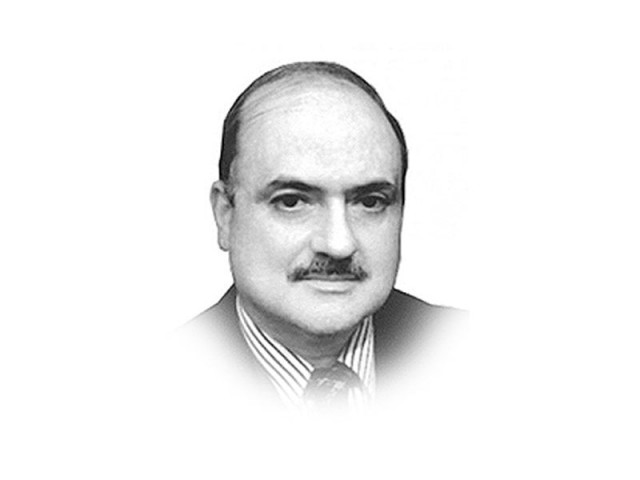Post-Cold War logic!
Expediency rather than ethics continues to be the controlling force that governs interstate relations

The writer is a former ambassador of Pakistan and ex-assistant secretary general of OIC
Nato, that had come into being essentially for confronting the threat to Western Europe posed by the formidable war machine of the Soviet Union and its East European allies, not only survived but was actually nurtured through a process akin to genetic modification.
In one significant development, Nato leaders threw open the doors of the US-led alliance to seven former Communist East European countries. The defence pact, spawned by the Cold War, thus made deep inroads into what was once regarded as “enemy territory” as part of the Soviet sphere of influence. Bulgaria, Estonia, Latvia, Lithuania, Romania, Slovakia and Slovenia took their seats in 2004, alongside Poland, the Czech Republic and Hungary, which had become the first three former Warsaw Pact states to join Nato in 1999. The alliance, thereby, extended its sphere from the Baltic to the Black Sea and beyond.
The then US president, George W Bush, was reported to have informed his fellow leaders at the Prague Summit that, “By welcoming seven members, we shall not only add to our military capabilities we will refresh the spirit of this great Democratic Alliance”. The Nato secretary general went on to clarify that the “door would remain open” to more aspirants from the Balkan region. It may be recalled that the leaders had also approved a 20,000-strong 'Nato response force' to combat “perceived threats around the world”. The scope of Nato military intervention was thereafter expanded from Europe to around the world. The alliance also metamorphosed from an anti-communism alliance into what can loosely be termed a “pro-status quo outfit”.
The aforementioned does give rise to a most pertinent question: if the perceived enemy did not lie in Europe, where was it envisaged to be? And what 'perceived threat' was it that was goading “this great alliance” to hone its offensive capability in such a blatant manner in an era of relative peace and calm? Evidence reveals the 'fact' that the US was no doubt engaged, at that epoch, in a determined attempt to win allied backing for its projected war against Iraq. But, then, this also presented no more than a restricted vision, since that alone could hardly be put down as the raison d’etre of a militarily rejuvenated Nato.
Subsequent events, added to the meandering course of the war on terror, have partially lifted the veil from the US and Nato ambitions. Makes an observer wonder, though, why all the “perceived threats around the world” are confined to the Muslim world alone. After all, there are other regions of the world, where 'perceived threats' could also be discerned if only the powers that be were to discard their rose-tinted glasses. And what about the threats posed due to blatant rights’ violations by errant states in more than one region? Are these destined to be ignored merely because “this great democratic alliance” prefers to look the other way?
The one constant factor in inter-state relations that permeates through the murky mess is that — all loyal disclaimers notwithstanding — expediency rather than ethics continues to be the controlling force in international conduct. It is this factor alone that remains the most destabilising force in a world that appears to have lost all sense of proportion.
Unless the world wakes up to a sane and balanced appreciation of the lurking dangers, the future hardly looks rosy.
Published in The Express Tribune, May 6th, 2018.
Like Opinion & Editorial on Facebook, follow @ETOpEd on Twitter to receive all updates on all our daily pieces.
















COMMENTS
Comments are moderated and generally will be posted if they are on-topic and not abusive.
For more information, please see our Comments FAQ